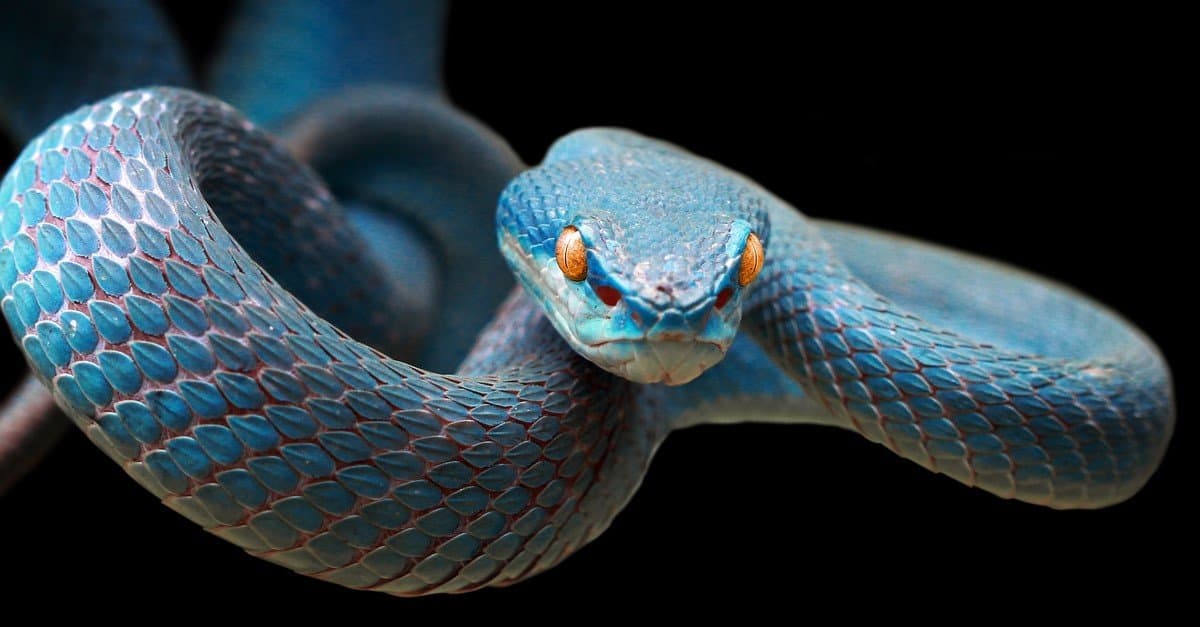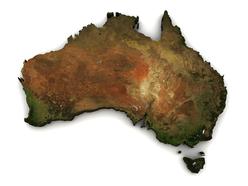Introduction
When it comes to the remarkable world of serpents, couple of types catch the imagination quite like the child tiger serpent. Known for their distinct coloration and potent venom, these snakes are an essential part of Australia's unique ecosystem. In this thorough short article, we will look into common death adder various elements of infant tiger serpents, including their habits, habitat, and just how to securely communicate with them. Whether you're a wild animals lover or just curious concerning these animals, recognizing child tiger snakes can assist promote a deeper admiration for nature.
Baby Tiger Snakes: What You Required to Know About Their Behavior and Habitat
What Are Infant Tiger Snakes?
Baby tiger serpents are juvenile types of the extremely poisonous species recognized clinically as Notechis scutatus These serpents are mainly discovered in seaside areas of Australia, particularly in Tasmania and southerly Victoria. As they grow, their coloration changes from an extra low-key combination to the characteristic yellow and black bands that give them their name.

One notable aspect of infant tiger serpents is their size; hatchlings generally measure around 25-30 centimeters in size. In spite of their little stature, they have an unexpected quantity of poison that can be damaging to human beings if bitten.

Physical Characteristics
Tiger serpents possess several crucial physical qualities:
- Coloration: The distinct banding pattern usually becomes more obvious as they mature. Size: Adults can reach lengths of as much as 2 meters. Body Shape: They have a robust body that aids in swimming and earthbound movement.
Where Do Baby Tiger Snakes Live? Understanding Their Habitat
Understanding the habitat choices of infant tiger snakes is essential for both preservation efforts and public security. These serpents thrive in different settings:
- Wetlands: Marshes and swamps provide adequate hunting grounds. Coastal Regions: Commonly discovered near beaches where they can quest for prey. Woodlands: Dense plant life uses cover from predators.
Geographical Distribution
Tiger snakes are mainly located along Australia's southerly coastline, consisting of:
- Tasmania: Home to among the most infamous populations. Victoria: Specifically in areas near water bodies.
Are Tiger Snakes Venomous? A Deep Study Their Venom
One common inquiry occurs when going over baby tiger snakes: "Are tiger serpents poisonous?" The solution is a resounding yes!
Venom Composition
The venom of tiger snakes has neurotoxins that can cause paralysis, coagulopathy (blood clotting concerns), and Camouflage in Australian snakes potentially death if untreated. Right here's what you require to understand:
- Effects on Humans: A bite from a tiger snake can lead to symptoms like swelling, pain at the bite website, queasiness, and also breathing failure.
Comparison with Other Venomous Snakes
In comparison to other Australian snakes such as the eastern brown serpent or king brownish snake, tiger snake venom is considered among one of the most powerful. Nevertheless, fatalities are unusual due to improved medical treatments and access to antivenom.
Behavioral Patterns of Child Tiger Snakes
Understanding how baby tiger snakes act is important for those that stay in or check out areas where these reptiles are prevalent.
Nocturnal Habits
Most infant tiger serpents display nighttime actions. They often tend to forage for food during cooler night temperature levels. This versatility helps them stay clear of killers while enhancing their searching efficiency.
Hunting Techniques
Their searching methods consist of:
- Ambush Predation: Waiting stationary up until victim comes close. Active Foraging: Proactively moving via plant life or along rivers in search of food.
First Help for Snake Bites: What You Should Know
Despite being remarkable animals, encounters with baby tiger serpents can cause unsafe circumstances if attacks take place. Recognizing first aid treatments can save lives.
Immediate Tips After a Bite
Remain calm; panic boosts heart rate. Immobilize the influenced arm or leg making use of a splint or bandage. Seek instant medical focus-- antivenom might be necessary.Creating a Snake Bite Emergency Treatment Kit
A well-prepared emergency treatment package need to include:
|Thing|Purpose|| ------------------------------|--------------------------------------|| Compression plaster|To debilitate the limb|| Splint|Stabilizes busted bones or joints|| Antihistamines|Eases allergic reactions|| Emergency contact numbers|Quick accessibility throughout emergencies|
Common Myths About Tiger Snakes Debunked
Many misconceptions surround these intriguing reptiles; let's clarify some misunderstandings generally held by people.
Myth # 1: All Tiger Snakes Are Aggressive
While some people might show defensive habits when intimidated, not all tiger snakes display aggressiveness towards people unless provoked.
Myth # 2: Baby Tiger Snakes Are Much Less Dangerous Than Adults
This myth could not be better from the reality! Child tiger serpents have almost as much venom as adults about their size; thus they position substantial dangers if bitten.

FAQs Regarding Infant Tiger Snakes
What do child tiger snakes eat?- They mainly take in small animals, birds, frogs, and fish.
- Look for slender bodies with faint banding patterns that end up being more obvious as they mature.
- Yes! Birds of prey and larger reptiles might target them.
- Typically every few weeks as they grow rapidly during their early life stages.
- While some people do keep them unlawfully without permits because of their hazardous nature; it's generally not advised provided their poisonous status.
- With prompt medical therapy-- consisting of antivenom-- the survival price is high!
Conclusion
In summary, comprehending baby tiger serpents-- what they eat, where they live, how they act-- can outfit us with valuable understanding regarding these amazing yet dangerous animals. The relevance of education and learning surrounding emergency treatment actions can not be overemphasized; recognizing exactly how to respond successfully after a bite could conserve lives while promoting regard for our slinking next-door neighbors within Australia's abundant biodiversity spectrum.
By valuing these snakes' functions within communities-- and recognizing possible threats-- we promote coexistence rather than fear-based reactions towards one another's presence in nature's grand tapestry! Whether you're a serious hiker contemplating your following journey or just interested about regional wild animals encounters near home-- this overview functions as your relied on referral factor on Click here the enigmatic world lived in by our buddies-- the magnificent baby tiger snake!